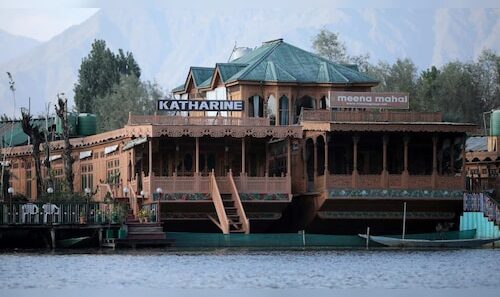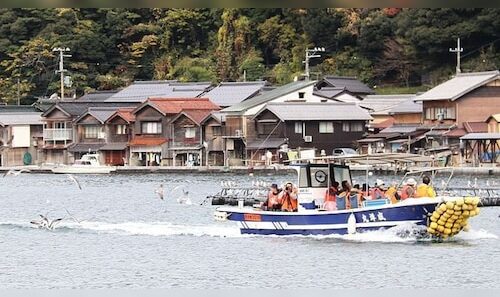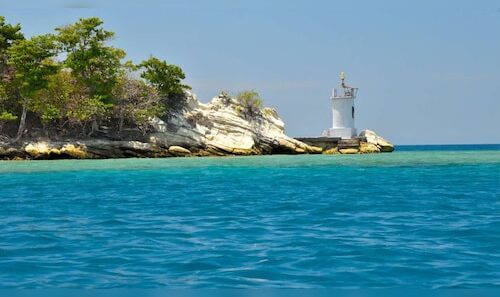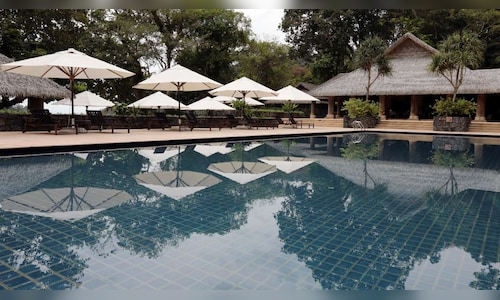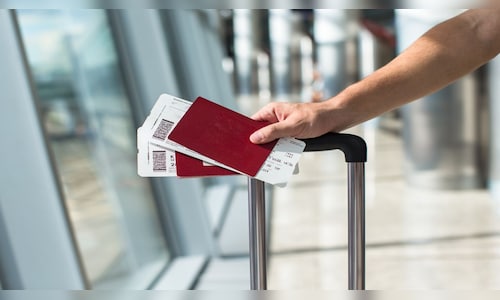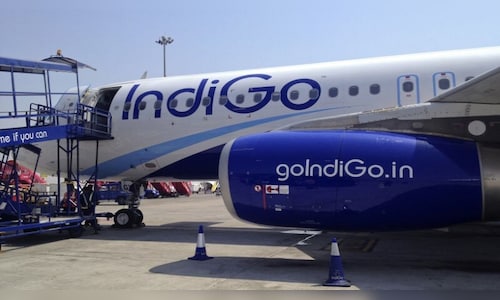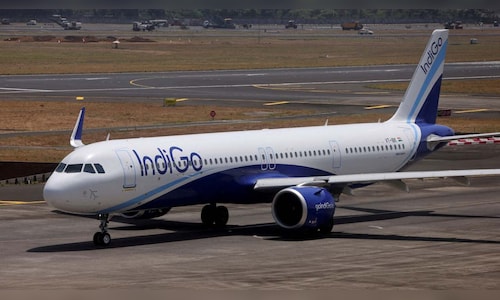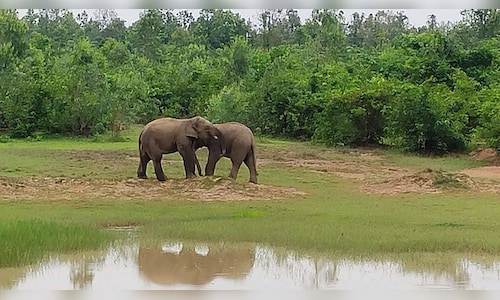The luxury hospitality sector in India is reassessing its risk management tactics as conventional insurance policies fail to encompass the extensive range of risks encountered by high-end resorts. With a growing reliance on digital platforms, escalating climate uncertainties, and more complex guest services, numerous luxury hotels are seeking tailored insurance solutions designed to meet their distinct operational and geographical challenges.
A recent report by Policybazaar for Business also pointed out this gap. Amitabh Dewan, Head of Large Risks at Policybazaar for Business, shared with CNBC-TV18, “Insurers are transitioning from template-based options to creating modular plans that reflect actual operational exposure.”
Hotels embrace modular and location-specific coverage
For resorts situated in ecologically sensitive regions, the shift towards personalized insurance is already in motion.
For instance, MAYFAIR Spring Valley Resort in Guwahati, which often faces heavy monsoon rains, has insurance aligned with seasonal risks.
“We consider insurance a dynamic tool that evolves with the property,” stated J P Gautam, GM – Corporate Finance at Mayfair Elixir. “We collaborate with insurers to account for weather-related risks, event frequency, and even guest traffic patterns.”
The resort’s design, influenced by Assamese heritage and monastic aesthetics, features handcrafted murals and antiques, necessitating non-standard valuation and coverage.
“These items are not merely decorative; they contribute to the brand’s narrative and guest experience. We ensure they are comprehensively covered, not just for their value, but for their significance,” remarked Gautam.
Design and location shape insurance strategies
At Ananta Hotels & Resorts, insurance planning is intricately linked with design, geography, and guest programming.
“Each Ananta resort is unique. Our insurance strategy reflects that diversity,” explained Mohit Goyal, Director, Ananta Hotels & Resorts. “We don’t only insure structures; we protect guest experiences—from lagoon-facing spas to open-air banquets inspired by local elements like bamboo and sandstone.”
“We have also partnered with insurers to create coverages that resonate with our eco-friendly designs, including heritage preservation and green building insurance,” he added.
Insurance coverage is expanding in scope
Contemporary luxury hospitality operations now encompass various risk areas. In addition to core components like property and fire coverage, newer policies include:
- Cybersecurity insurance covering data breaches and system outages
- Event cancellation coverage for significant weddings or corporate gatherings
- Business interruption insurance accounting for lost revenue and reputational damage
- Specialty art and heritage insurance for unique interiors and cultural assets
- Liability coverage for injuries, fire safety issues, and vendor disputes
“Standard policies may safeguard the building and furnishings, but they don’t necessarily protect the overall experience. That’s where we observe the highest demand for modular solutions,” Dewan noted.
He further mentioned that many luxury properties are now opting for event-specific insurance with tailored liability clauses. “A wedding cancellation due to weather, or a technical failure during a significant investor summit, can result in substantial losses. These are pressing risks for luxury hotels and are increasingly incorporated into underwriting processes,” he stated.
Pandemic and technology drive coverage innovation
The COVID-19 pandemic has further accelerated the expansion of insurance offerings. Insurers are now more willing to offer protection against hygiene-related claims, operational shutdowns, and digital failures.
“The digital transformation has altered the risk landscape for hospitality,” commented Dewan. “Many hotels utilize advanced software for reservations, payments, and guest profiling, yet they often lack robust cyber coverage. This disparity is now being addressed with new policy modules.”
Incentives for sustainable practices are also emerging. “Properties investing in solar energy or green building certifications might qualify for better premium rates. It benefits both brands and insurers,” he added.
Industry perspective: Transitioning from protection to partnership
Overall, there’s a noticeable shift in the industry—from viewing insurance merely as a cost to seeing it as a partnership.
“Today, insurers are partners in business continuity,” emphasized Gautam from Mayfair. “We seek not just coverage but an understanding. They need to realize that a damaged mural may cost ₹10,000 to repair, but a week of downtime during peak season could equate to ₹10 lakh.”
Goyal added, “We now conduct regular strategy discussions with our insurance advisors. As we expand into new regions, each location presents unique risks. Without adaptable coverage, it’s challenging to grow responsibly.”
ALSO READ | Mahindra Holidays to add 850 rooms in FY26, aims to achieve 10,000-room target by 2030

